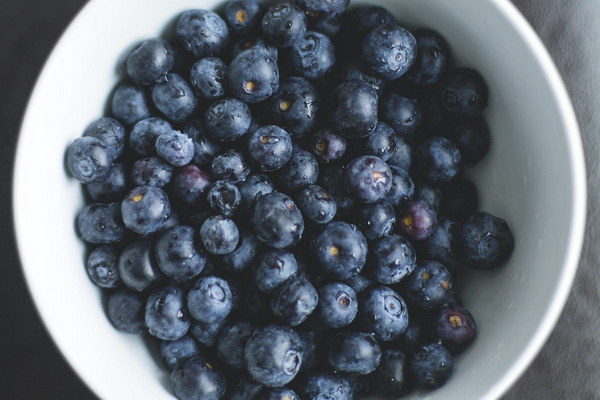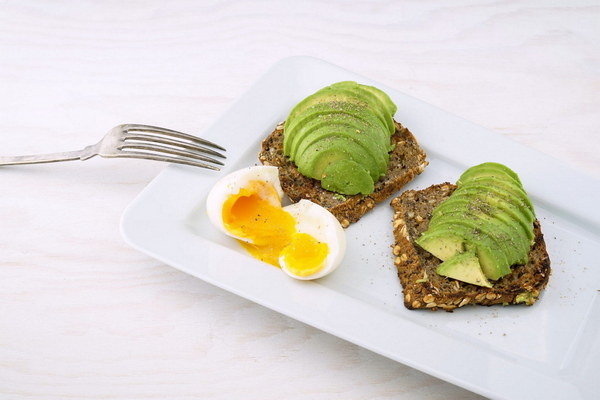Top Teas for Liver Health A Guide for Women
In the fast-paced world we live in, taking care of our health is crucial, especially for women who often multitask and take care of others before themselves. One organ that plays a vital role in maintaining our overall well-being is the liver. It's responsible for detoxifying our body, metabolizing nutrients, and producing bile, among other functions. To keep your liver in top shape, incorporating certain teas into your daily routine can be highly beneficial. Here's a guide to the top teas for liver health, tailored specifically for women.
1. Dandelion Tea
Dandelion tea is a natural diuretic, which helps in flushing out excess toxins from the body. This tea is rich in antioxidants and contains a compound called taraxasterol that can boost liver function. Additionally, dandelion tea can help in reducing bloating, which is often associated with liver problems.
2. Milk Thistle Tea
Milk thistle tea is well-known for its liver-protective properties. The active ingredient, silymarin, has been shown to reduce liver inflammation and regenerate liver cells. This makes it an excellent choice for those suffering from conditions like hepatitis and cirrhosis. Drinking milk thistle tea can help improve liver function and support overall health.
3. Green Tea
Green tea is a powerhouse of antioxidants, including EGCG (epigallocatechin gallate), which have been linked to improved liver health. Regular consumption of green tea can help in reducing liver damage caused by alcohol, toxins, and other harmful substances. It also aids in fat metabolism, which can be beneficial for those with fatty liver disease.
4. Peppermint Tea
Peppermint tea is known for its digestive benefits, which can indirectly contribute to liver health. It helps in reducing bloating, indigestion, and gas, which can put less strain on the liver. Additionally, peppermint tea has anti-inflammatory properties that can aid in reducing liver inflammation.

5. Ginger Tea
Ginger tea is a natural liver cleanser that can help in improving bile flow, which is essential for liver function. It also has anti-inflammatory properties and can help in reducing liver damage caused by alcohol and other toxins. Moreover, ginger tea can aid in digestion, which can indirectly support liver health.
6. Turmeric Tea
Turmeric tea contains curcumin, the active compound responsible for its vibrant yellow color. Curcumin has been shown to have anti-inflammatory and antioxidant properties that can help in protecting the liver from damage. It can also aid in reducing liver inflammation and improving liver function.
7. Licorice Root Tea
Licorice root tea has been used in traditional Chinese medicine for centuries to support liver health. It contains glycyrrhizin, a compound that can help in protecting the liver from toxins and improving liver function. Additionally, licorice root tea can help in reducing stress, which can indirectly benefit liver health.
Incorporating these teas into your daily routine can help in maintaining a healthy liver. However, it's essential to consult with a healthcare professional before starting any new tea regimen, especially if you have existing health conditions or are taking medication.
Remember, while tea can support liver health, it's not a substitute for a healthy diet, regular exercise, and adequate sleep. By combining these lifestyle factors with the right teas, you can ensure your liver remains in top condition and contribute to your overall well-being.
In conclusion, taking care of your liver is essential for maintaining your health and vitality. By including these liver-boosting teas in your daily routine, you can provide your liver with the support it needs to function optimally. So, go ahead and sip on these delicious teas, and enjoy the numerous benefits they offer for your liver and overall health.









